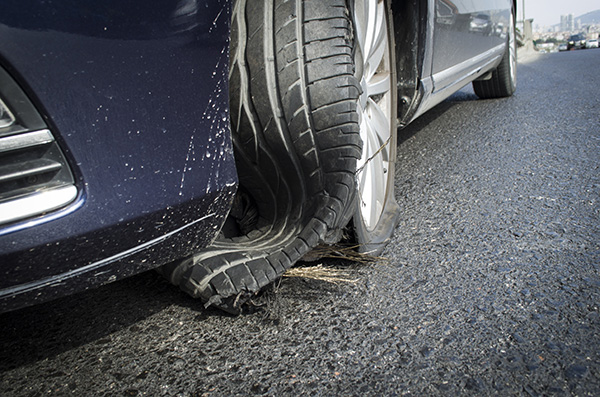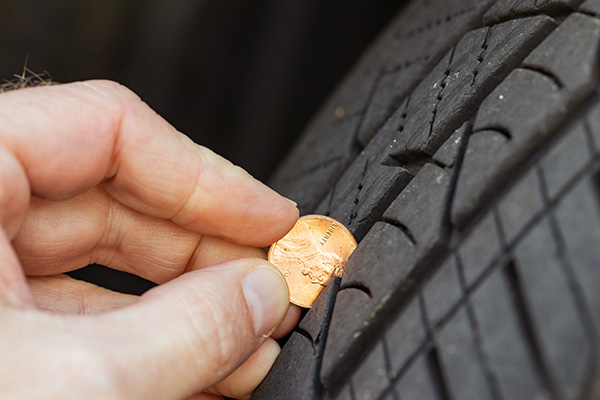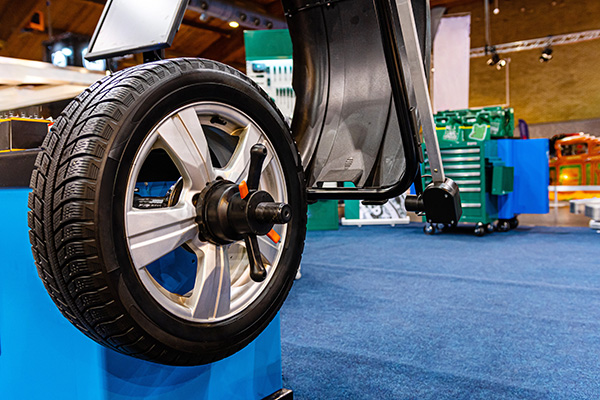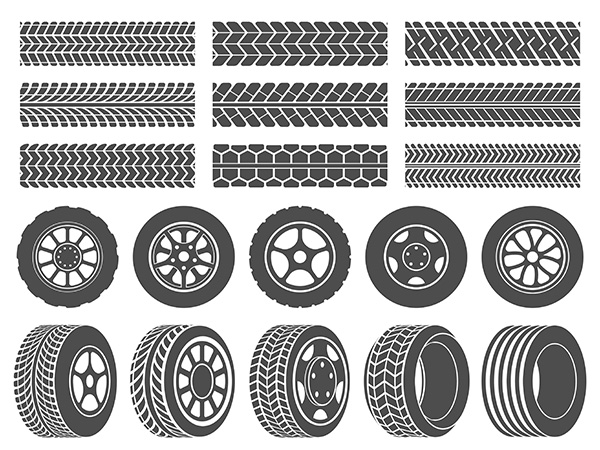Posted on 12/20/2024

Flat tires are one of those inevitable inconveniences every driver faces at some point. But once you’ve gotten past the initial frustration of being stranded, the big question looms: Can this tire be fixed, or does it need to be replaced entirely? Assessing the Damage The first step in determining whether a flat tire can be repaired is to evaluate the type and extent of the damage. Not all punctures are the same; some can be fixed, while others require a full replacement. For example, small punctures caused by nails or screws that fall within the tread area are usually repairable. On the other hand, sidewall damage or large gashes compromise the structural integrity of the tire and can’t be safely repaired. The sidewall flexes significantly while driving, making any patch in this area prone to failure. It’s always a good idea to err on the side of caution if you’re unsure about the extent of the damage. When I ... read more
Posted on 11/29/2024

Tire tread depth plays a crucial role in keeping you safe on the road. Tire tread, the part of the tire that makes contact with the surface, has a big job. It provides traction, grips on wet or slippery surfaces, and channels water away from the tire to prevent hydroplaning. Over time, though, this tread wears down, which can greatly affect your vehicle’s performance and your safety. So, why does tread depth matter so much, and how can worn tires impact your driving experience? What Is Tire Tread Depth and How Does It Affect Traction Tire tread depth is simply the measurement of how much tread remains on your tires. This depth determines how well your tires can grip the road. When your tires are new, they come with a full tread pattern designed to provide optimal traction on various surfaces, but as you drive, the tread wears down. Worn tread can struggle to grip su ... read more
Posted on 10/31/2024

Your tires are the only part of your car that touches the road, so it’s important to ensure they’re in good condition. But how do you know when it’s time to replace them? Worn-out tires can compromise your safety, affect fuel efficiency, and reduce overall driving performance. Whether you're a daily commuter or someone who only drives occasionally, understanding the signs that indicate tire replacement is necessary for keeping your vehicle safe and roadworthy. 1. Tread Wear The tread on your tires is designed to grip the road and provide traction, especially in wet or icy conditions. Over time, that tread wears down, reducing your tire’s ability to perform its job effectively. The experts recommend replacing tires once the tread depth reaches 1.6 millimeters. You can check your tread depth using a tread depth gauge, which gives a precise reading of how much tread is left. It's important to regularly monitor your tires, esp ... read more
Posted on 9/27/2024

Your vehicle’s tires are more than just rubber that meets the road. They are vital components that directly impact your car’s safety, performance, and efficiency. Yet, tires are often overlooked when it comes to routine vehicle maintenance. Whether you're an everyday commuter or an avid road tripper, understanding the essential tire services your vehicle needs can help you extend tire life, improve driving comfort, and ensure a safer journey. Regular tire services are critical for maintaining optimal traction, fuel efficiency, and overall handling. Let’s explore the five most essential tire services that every vehicle owner should keep on their maintenance checklist. 1. Tire Rotation One of the most important tire services is a tire rotation. This process involves moving each tire to a different position on the vehicle, which helps to ensure that all tires wear evenly over time. Tires in certain positions, like the front or rear, te ... read more
Posted on 8/30/2024

Choosing the right tires for your vehicle is more than just a matter of aesthetics. It's about safety, performance, and comfort. The right tires can enhance your driving experience, improve fuel efficiency, and ensure your vehicle handles well in various conditions. But with so many options on the market, how do you make the right choice? Let's dive into the essential factors to consider when selecting tires for your vehicle. Understanding Tire Types and Their Purposes Tires come in various types, each designed for specific driving conditions and vehicle types. Are you mainly driving on highways, in cities, or off-road? Do you live in an area with harsh winters or mild, temperate weather? These questions are crucial in determining the best tires for your needs. For instance, all-season tires are versatile, providing a good balance of handling, mileage, and ride comfort in a variety of conditions. However, if you live in an area with heavy snowfall ... read more